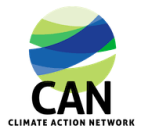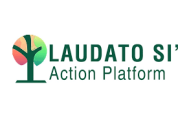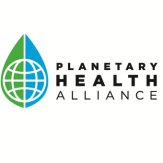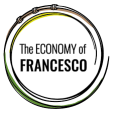Water Security
The Global Water Crisis
Yet access to safe drinkable water is a basic and universal human right, since it is essential to human survival and, as such, is a condition for the exercise of other human rights (Laudato Si 30).
2.2 billion people worldwide do not have regular access to clean water. Around 785 million people do not even have a basic supply of drinking water. The people most affected are people or families in the poorer regions of the world - and there especially in rural areas. An estimated 3.6 billion people today live in areas that are extremely poor in water for at least one month a year (Source UNICEF).
UNICEF speak of "safe water" when it is accessible to people near their homes, available when needed and, of course, free from contamination. Only then can families be sure that their health is not at risk. What does it help if there is water nearby, but it comes from a polluted river and is full of pathogens?
Water security is defined as the reliable availability of an acceptable quantity and quality of water for health, livelihoods and production, coupled with an acceptable level of water-related risks
Laudato Si : Water as a basic and universal human right
LS 30: Even as the quality of available water is constantly diminishing, in some places there is a growing tendency, despite its scarcity, to privatize this resource, turning it into a commodity subject to the laws of the market. Yet access to safe drinkable water is a basic and universal human right, since it is essential to human survival and, as such, is a condition for the exercise of other human rights. Our world has a grave social debt towards the poor who lack access to drinking water, because they are denied the right to a life consistent with their inalienable dignity. This debt can be paid partly by an increase in funding to provide clean water and sanitary services among the poor. But water continues to be wasted, not only in the developed world but also in developing countries which possess it in abundance. This shows that the problem of water is partly an educational and cultural issue, since there is little awareness of the seriousness of such behavior within a context of great inequality.








